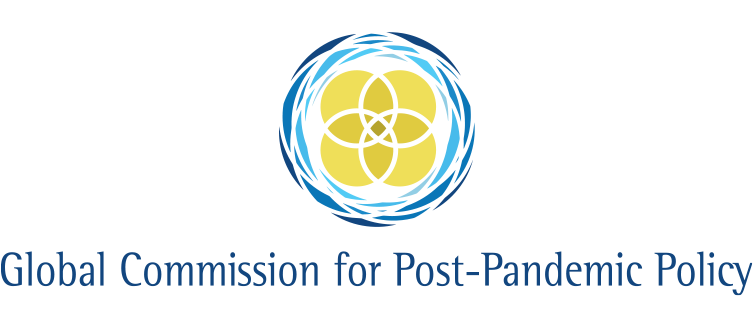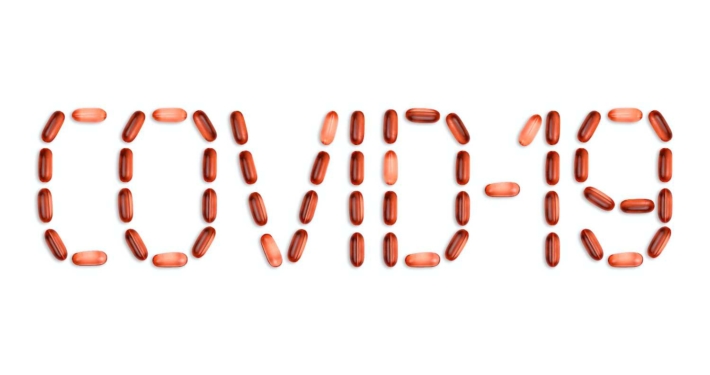The Pandemic, week to February 3rd
Health
Vaccinations turned political, especially in Europe, even as they took centre stage as the primary health response to COVID-19. The European Medicines Agency––a regulatory agency of the European Union––unanimously recommended the Oxford-AstraZeneca vaccine for use in people 18 or older, a decision immediately greeted in Germany, Poland and France by plans to restrict that vaccine’s use to under-65s on grounds of lack of data showing efficacy among older people.
Meanwhile, the United Kingdom’s strategy of separating the doses of the Astra-Zeneca and Pfizer vaccines by up to 12 weeks rather than the recommended 21-28 days, much criticised by doctors inside and outside the UK, received backing from new, albeit un-peer-reviewed research indicating that a single dose of the Astra-Zeneca jab shows 76% efficacy from 22-90 days post-vaccination, as well as having a significant effect on transmission.
The EMA decision on the Oxford/Astra-Zeneca vaccine comes amidst widespread criticism of the bloc’s sluggish vaccine roll-out and a noisy public dispute between the European Commission and the vaccine producers for delayed supplies, most notably Astra-Zeneca which notified the EU Commission only in late January that production problems meant that first quarter deliveries would be two-thirds lower than expected. Following that spat, the European Union moved towards imposing emergency export controls on vaccine exports to conserve supplies, prompting worldwide condemnation but especially from the United Kingdom and the Republic of Ireland, given the apparent implications of border controls around Northern Ireland. That part of the proposal was quickly walked back.
This week, newly recorded COVID-19 cases declined markedly worldwide. This trend was driven by strong improvements in Europe and the United States, but case rates appear to be either dropping or holding steady in the vast majority of countries. The biggest causes for concern remain Spain and Portugal, where both COVID-19 case and mortality-rates are high and continue to climb.
In the city of Wuhan in Hubei province, China, a World Health Organisation (WHO) fact finding mission to investigate the origins of SARS-CoV-2––the virus that causes COVID-19––began in earnest after the investigators finished a mandatory quarantine. In China, newly recorded cases of local transmission of SARS-CoV-2 continue to decline. On January 29th, only 36 cases were reported nationwide. The new cases were concentrated in Heilongjian and Jilin provinces in China’s northeast.
In the United States, the first confirmed cases of the more infectious South African SARS-CoV-2 strainwere recorded in South Carolina. The strain was picked up in two patients from different parts of the state, with neither having travelled recently. This suggests that the new strain has already reached community spreadin the country. The South African strain is the third more infectious SARS-CoV-2 strain detected in the country, after previous detections of strains from the United Kingdom and Brazil.
For a detailed summary of the recent Johnson & Johnson, Novavax and Sputnik V vaccine announcements, see this week’s Research Monitor.
Economy
The International Monetary Fund (IMF) published its quarterly Global Financial Stability Report. The report emphasises that––although the global vaccine roll-out has boosted market expectations of a global economic recovery––until COVID-19 vaccines become widely available, that recovery remains predicated on continued policy support from governments. The report also warns that the unequal distribution of vaccines risks exacerbating financial vulnerabilities, especially among emerging market economies.
In Europe, newly released GDP figures were unexpectedly encouraging, following gloomy expectations. In the fourth quarter of 2020, the Spanish economy––the bloc’s fourth largest––expanded 0.4%, after an anticipated 1.4% drop. Nevertheless, Spain still contracted by 11% for 2020 as a whole. The German economy also recorded positive growth for the quarter––expanding 0.1%––while the French economy contracted by 1.3%, less than expected.
In the United States, the Department of Commerce released 2020’s fourth quarter GDP figures, reporting an annualised growth rate of 4% for the quarter. Those growth figures––which slightly undershot forecasts––mean that the world’s largest economy shrank by 3.5% for 2020 as a whole. That is the largest negative shock to the American economy since 1946, when it contracted by 11.6% as government spending dropped sharply after World War II.
As a consequence, the Chinese economy––which grew strongly in the fourth quarter––continues to chip away at the lead held by the United States’ economy in terms of absolute size. On January 1st 2021, preliminary estimates placed China’s economy at $15.67 trillion to the American economy’s $21.48 trillion––a proportion of 70.4%, in nominal terms. This marks the first time the Chinese economy has crossed the 70% mark, up from 67% in 2019.
Politics
At a press conference, United Nations Secretary General Antonio Guterres warned of a “global emergency” in vaccine distribution. Worldwide, more than 70 million COVID-19 vaccine doses have been administered. However, fewer than 20,000 vaccinations have been performed on the African continent. “No country can afford to neglect the rest of the world,” said Guterres, before describing “vaccine nationalism” as a moral and economic failure.
Elsewhere in Europe, Hungary became the first nation in the European Union to approve a Chinese COVID-19 vaccine. On January 29th, the country’s medicines regulator approved a vaccine produced by Sinopharm––a Chinese state-owned pharmaceutical company. Viktor Orban––Hungary’s Prime Minister––expressed his intention to take the Sinopharm vaccine. According to Hungary’s foreign minister Peter Szijjarto, the country has agreed to purchase 5 million doses. This news came hot on the heels of Hungary’s earlier approval of the Russian vaccine Sputnik V.
The Indian government delivered millions of donated vaccine doses to six neighbouring countries last week in an impressive vaccine diplomacy effort. The vaccines were manufactured by the Serum Institute of India, under license from the University of Oxford and AstraZeneca. Saudi Arabia, South Africa and Canada also appear set to sign commercial agreements in the coming weeks. These moves come as China’s aggressive vaccine diplomacy effort has hit obstacles, with questions raised over the efficacy of a vaccine manufactured by Chinese company Sinovac. The relationship between Beijing and New Delhi has been tense since violent border clashes in June 2020.
In Sri Lanka, the government began vaccinating front-line health workers, military troops and police officers for COVID-19 amid concerns that its medical sector may face collapse due to the high burden of COVID-19 infection amongst Sri Lanka’s health personnel. On January 28th, Sri Lanka received 500,000 doses of the Oxford-AstraZeneca vaccine, manufactured under license by neighbour India. The government has prioritised the vaccination of 150,000 health care workers 115,000 member of the military and police.
In the United States, President Joe Biden reiterated his desire to pass a $1.9 trillion “American Rescue Plan” stimulus package with bipartisan support in Congress. Republicans in Congress countered with a $600 billion plan. However, Democratic Party leaders have made clear that they will move forward without Republican support if necessary. The package can be passed with a simple party line vote through the budget reconciliation process. Despite the competing demands of the Senate Impeachment trial of former-president Donald Trump, the Biden administration hopes to get the package passed into law by mid-March.
The president of Mexico, Andres Manuel Lopez Obrador appeared in a video addressing the public on January 30th, his first appearance since the announcement that he had contracted COVID-19 on January 24th. The lack of any update about his health from the government in the intervening the week had prompted widespread speculation about the severity of his condition. Those concerns were put to bed as Obrador assured the public that he had crossed through the “critical stage” of his infection and was in good spirits.
Photo by Ehimetalor Akhere Unuabona on Unsplash
GCPPP Newsletter
We now publish a weekly newsletter to inform friends and supporters of the Global Commission’s progress and to provide updates when new content is published. Please sign up here:


 Volodymyr Hryshchenko, Unsplash
Volodymyr Hryshchenko, Unsplash
 Adam Nieścioruk, Unsplash
Adam Nieścioruk, Unsplash
 visuals, Unsplash
visuals, Unsplash


